Travelling with your kids is a fantastic experience and should be unforgettable for all the right reasons, which is why the Medical Advisory Service for Travellers Abroad (MASTA) highly recommend a bit of forward planning where family travel health is concerned.
MASTA have been helping to protect travelling families for over 35 years. Their award-winning travel health consultations provide peace of mind when you need it most, and are now available at more than 200 travel health clinics across the UK.
Wherever you’re planning to travel with kids, you can also rely on the expert, accurate and comprehensive advice of MASTA specialist travel health nurses to keep you up-to-date and aware of all global health issues. Plus you can use the MASTA online vaccine checker to see what protection you and your kids need, anywhere in the world.
And to help you start out healthy, MASTA have come up with some excellent tips for family travellers to make sure the only holiday memories you have are happy ones. Take a look.
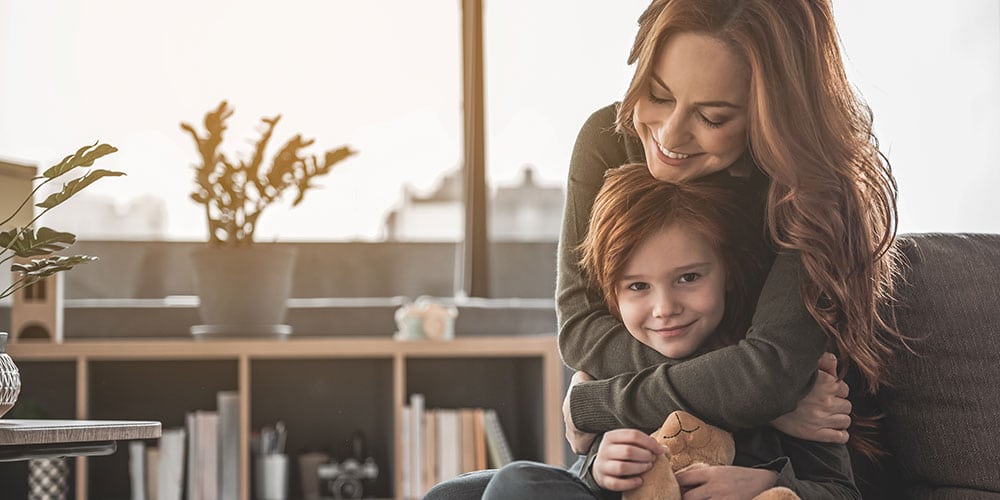
1/6 Before you go
According to a recent global study, children are less likely to have pre-travel assessments before going on holiday, yet more likely than adults to require hospital care during a holiday.
MASTA now have over 200 clinics across the UK, so it couldn’t be easier to arrange a pre-travel health consultation for the whole family. And for extra peace of mind you can rest assured that MASTA specialist travel health nurses are up-to-date with all current travel health advice across the globe, so they can give you the best help and protection to keep you all safe and healthy wherever you’re headed. Of course a little forward thinking of your own is a good plan too:
- Take advice from a travel health expert at least 6 to 8 weeks before your departure date. Certain vaccines are given as a course over a month, or more, so don’t leave anything to the last minute.
- Do some research into the local medical facilities for your destination and make a list of reputable hospitals and clinics.
- Put together a basic First Aid Kit for your travels including essentials like antihistamines; antiseptic; plasters; pain killers and oral rehydration tablets or sachets.
- Make sure your family travel insurance is up to date, covers everyone travelling and includes repatriation.
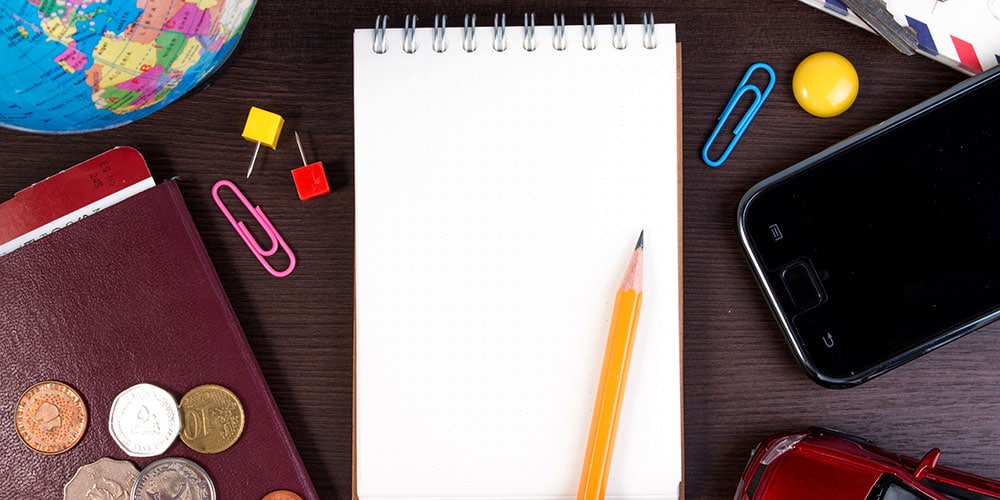
2/6 Vaccinations
MASTA have been helping to protect the travel health of families for over 35 years. Not only do their travel health consultations win awards, they also give you invaluable peace of mind and take a lot of the pressure when it comes to essentials like vaccinations.
Travel health is complex and constantly evolving, but MASTA are current on all global situations so you can be confident they will know exactly what vaccinations are required right now for your particular destination and for the ages and stages of your kids.
- Recommended vaccinations depend on a number of factors but most importantly: your destination; length of stay; age; medical history and any activities you plan on holiday.
- Certain vaccinations are not particularly effective for younger infants so additional precautions are essential.
- It’s worth remembering before you make travel plans, that Yellow Fever vaccine is never given to babies under 6 months and very rarely to babies under 9 months.
- Babies should have all their routine immunisations before travelling. In some cases it’s possible to bring vaccines forward to protect vulnerable children and your GP or practice nurse will be able to advise.
- A first MMR vaccination can be given at 6 months and repeated at a later date. A precaution you may want to take as large outbreaks of measles have recently been reported in several countries worldwide.
Find out more about travel vaccinations with MASTA
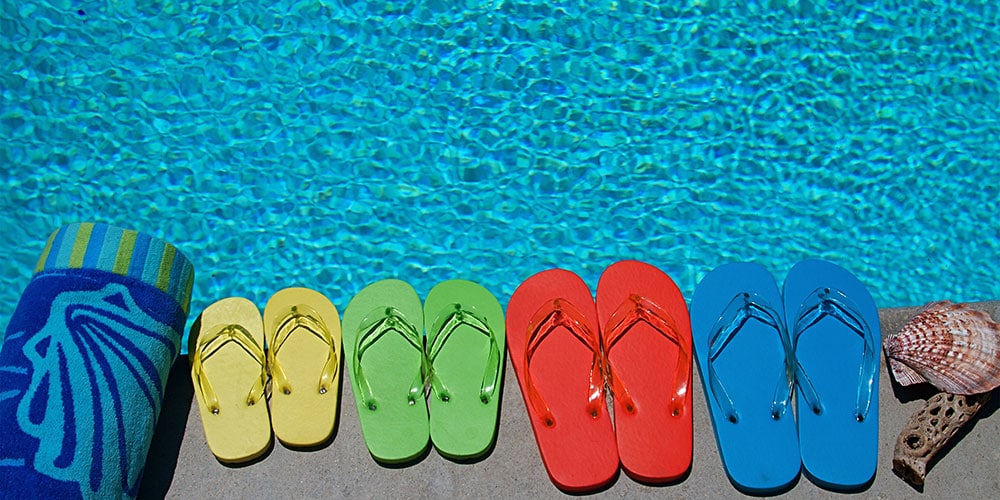
3/6 Mosquito bites and malaria
It’s a myth that children can’t wear insect repellents. In fact the UK Malaria Guidelines state that 20-50% DEET can actually be safely applied to the exposed skin of babies as young as two months.
Here are a few other guidelines from the experts at MASTA to keep kids safe from mosquito bites and the risk of malaria.
- Lemon Eucalyptus and Picaridin products can also be used effectively as insect repellent for kids – read the manufacturer’s instructions before use.
- DEET can reduce the effectiveness of sunscreen, so always use SPF 30-50 and apply before insect repellent.
- Don’t forget that mosquito breeds which transmit Zika and Dengue Fever mainly bite during the day.
- Air conditioning can help deter mosquitos, however, young babies should always be fully covered with loose fitting clothing and protected by a repellent impregnated mosquito net.
- Babies and young children have a greater risk of severe malaria, so travelling to areas with high malaria transmission rates is inadvisable without adequate protection.
- Antimalarial tablets are prescribed according to weight and your travel health consultant can advise on which are suitable for younger children. Tablet cutters are available at pharmacies if tablets need to be divided, and most tablets can be crushed into kids’ food to disguise them.
- In any malaria-risk area seek medical attention immediately if your child becomes unwell or develops a high fever.
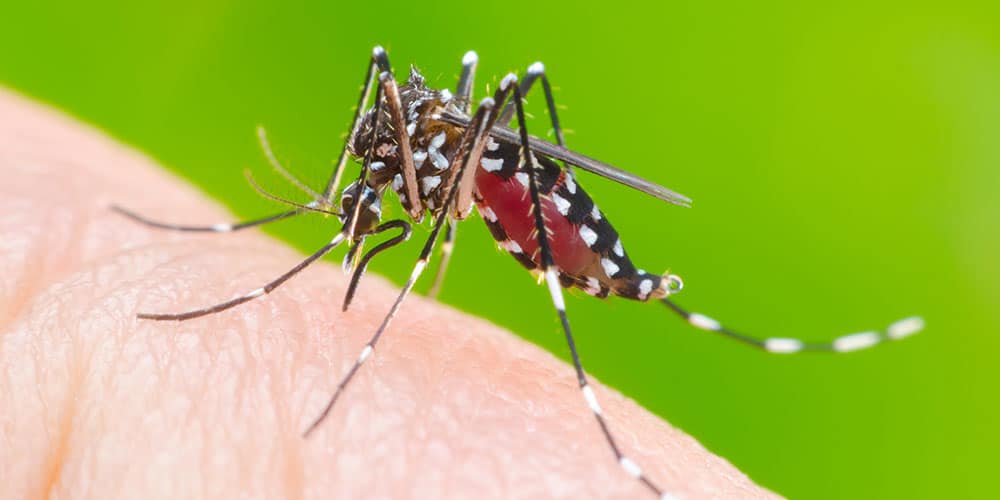
4/6 Tick bites and animal bites
Holidays are great adventures for kids and while you don’t want to curb their freedom, taking a few easy precautions will keep them safe and happy while they’re having fun.
- It’s tricky to stop kids playing in long grass so make sure you’re tick-aware. Depending on where you are, ticks can carry Lyme disease, tick-borne encephalitis and other tick-bite fevers.
- If kids are walking and playing in woods or long grass, apply appropriate repellents to exposed skin and check carefully every day for attached ticks.
- Ticks most often attach to areas like groins, armpits and behind ears, where skin is thinnest and blood vessels closest to the surface.
- Pack a pair of fine tweezers in your First Aid Kit and use to remove ticks from skin, quickly and without twisting. Make sure the entire tick is removed, and if you’re in any doubt seek medical advice.
- Kids are high risk for potentially rabid animal bites when abroad. In fact it’s estimated that almost half of those bitten on holiday are children, not least of all because they’re more likely to approach local animals.
- A pre-exposure rabies vaccine is available and your travel health adviser can tell you whether it’s appropriate.
- It’s worth remembering that, due to their small size, younger kids are particularly susceptible to serious head or neck bites which can result in fast-developing rabies symptoms.
- Whatever you decide about a rabies vaccine, make sure you know what steps to take if anyone in your family is bitten or scratched by an animal, while on holiday.
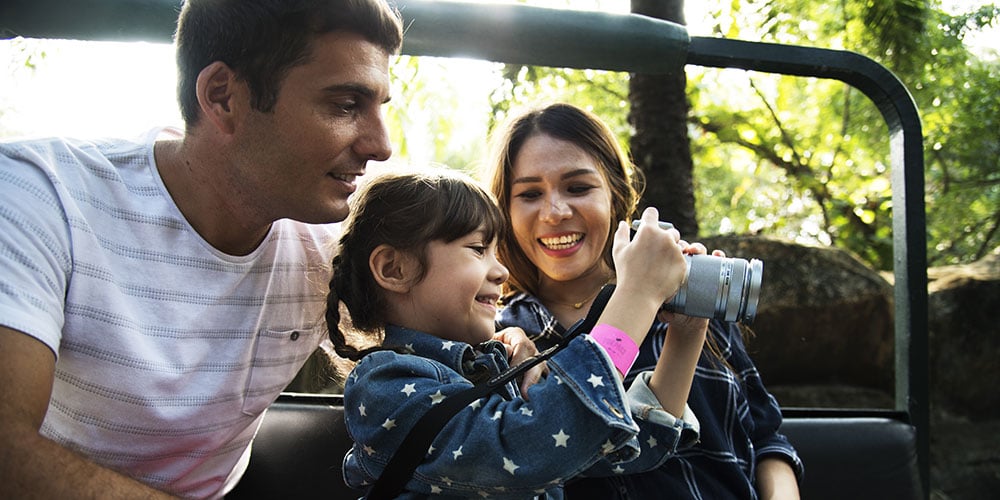
5/6 Food and water hygiene
Studies show under-fives are particularly prone to diarrhoea when travelling abroad. But you can effectively reduce the risk of nasty tummy upsets or more serious illness with just a few sensible precautions:
- Transferring offending microorganisms from hands to mouth is particularly common in younger children. Keep kids’ hands clean with soap and water, or an antibacterial hand gel when you’re on the move.
- Peel fruit and veg or wash it in boiled water and make sure all food is freshly cooked and served piping hot.
- If you’re even slightly unsure of the local tap water quality make sure it’s treated or boiled before drinking.
- If you want to use bottled water to mix baby milk, check the sodium and sulphate levels on the label first: only water with less than 200mg of sodium and less than 250mg of sulphate per litre is safe for babies. Always boil and cool bottled or tap water before mixing formula.
- Diarrhoea or vomiting will quickly dehydrate kids. Provide rehydration little and often – even if they’re being sick. Offer older children plain, easily digested, foods like rice, crackers, bread or potatoes. And continue to breastfeed babies.
- Don’t forget the common antidiarrheal medication, Lopermide, is not suitable for children under the age of 12 years.
- Always seek medical advice if diarrhoea is persistent, contains blood, causes extreme drowsiness or is accompanied by fever.
Find out more about food and water hygiene with MASTA
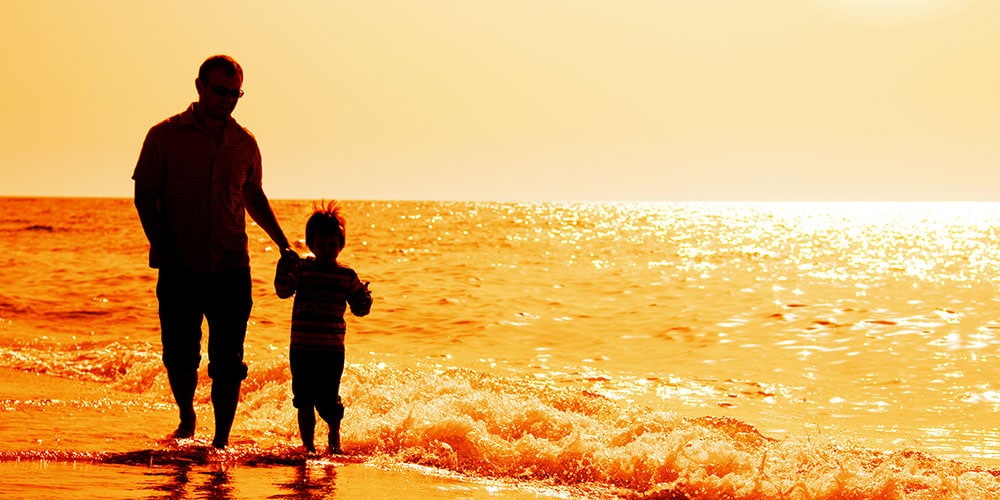
6/6 Other tips for safe travelling
- Young children often complain of earache when flying. But the motion of sucking or swallowing helps to equalise ear pressure on take-off and landing. So try breast or bottle feeding babies and toddlers, and encourage older kids to drink from a sports bottle.
- Motion sickness is far more common in children than adults. A pharmacist can advise on different types of medication, bands or patches which are suitable for kids. Remember some tablets need to be taken in advance and can cause drowsiness – possibly a blessing on a long flight.
- If you’re hiring a car, make sure in advance that appropriate child seats are provided, or take your own. The safety standards in many countries are not always as high as in the UK.
- Be sun-safe with kids at all times. Apply sunscreen (SPF 30+ and 4/5*) liberally to children’s skin and always reapply after swimming. Use hats, sunglasses and UV filtered clothing whenever possible and keep babies under 6 months in the shade and out of direct sunlight.
- Accidents and drowning are still the highest cause of child deaths on holidays abroad. Always make sure kids are fully supervised in or near water and be especially vigilant in the sea or open water where currents may be an issue. Check your rental accommodation is suitably child-proofed and that balconies and windows are secure.
- Watch children around roads, and remember many countries drive on the left, so double and triple check traffic direction at crossings.

